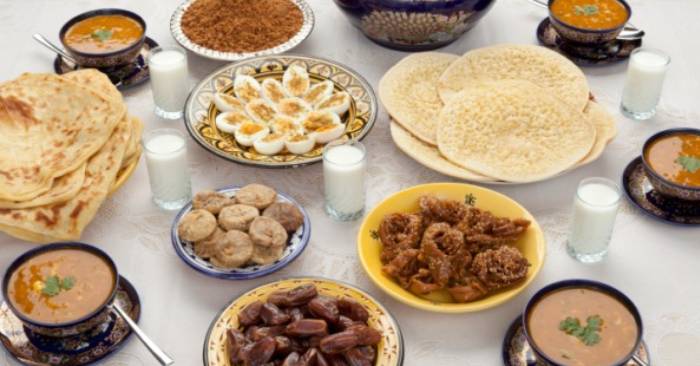Nourishing Ramadan: WHO’s Guidelines for Healthy Fasting and Iftar

As the sacred month of Ramadan approaches, believers prepare for a period of fasting, prayer, and reflection. While the spiritual aspects take center stage, the World Health Organization (WHO) emphasizes the importance of maintaining good health during this significant month. WHO’s guidelines for healthy fasting include practical tips to ensure well-being without compromising on the spiritual essence of Ramadan.
Believers are advised to keep indoor spaces well-ventilated, especially during iftar gatherings, to enhance safety. Steering clear of the sun during peak hours is recommended. WHO emphasizes the need for a balanced diet, encouraging the consumption of hydrating foods like watermelon, soups, and green salads. Physical activity, such as daily walks, is encouraged for overall well-being. Abstaining from tobacco and vaping is also highlighted for a healthier Ramadan.
When breaking the fast during iftar, WHO suggests a healthy, balanced meal, avoiding processed foods high in sugar and fat. Incorporating three dates and vegetables ensures essential vitamins and nutrients. Caution is advised against overeating, with an emphasis on eating slowly and in appropriate quantities. Hydration is crucial, with continuous water intake between iftar and suhoor. For those with specific health conditions like diabetes, seeking medical advice well in advance is recommended. The guidelines underscore the holistic approach to health during Ramadan, balancing spiritual observance with well-informed choices for a nourishing experience.






